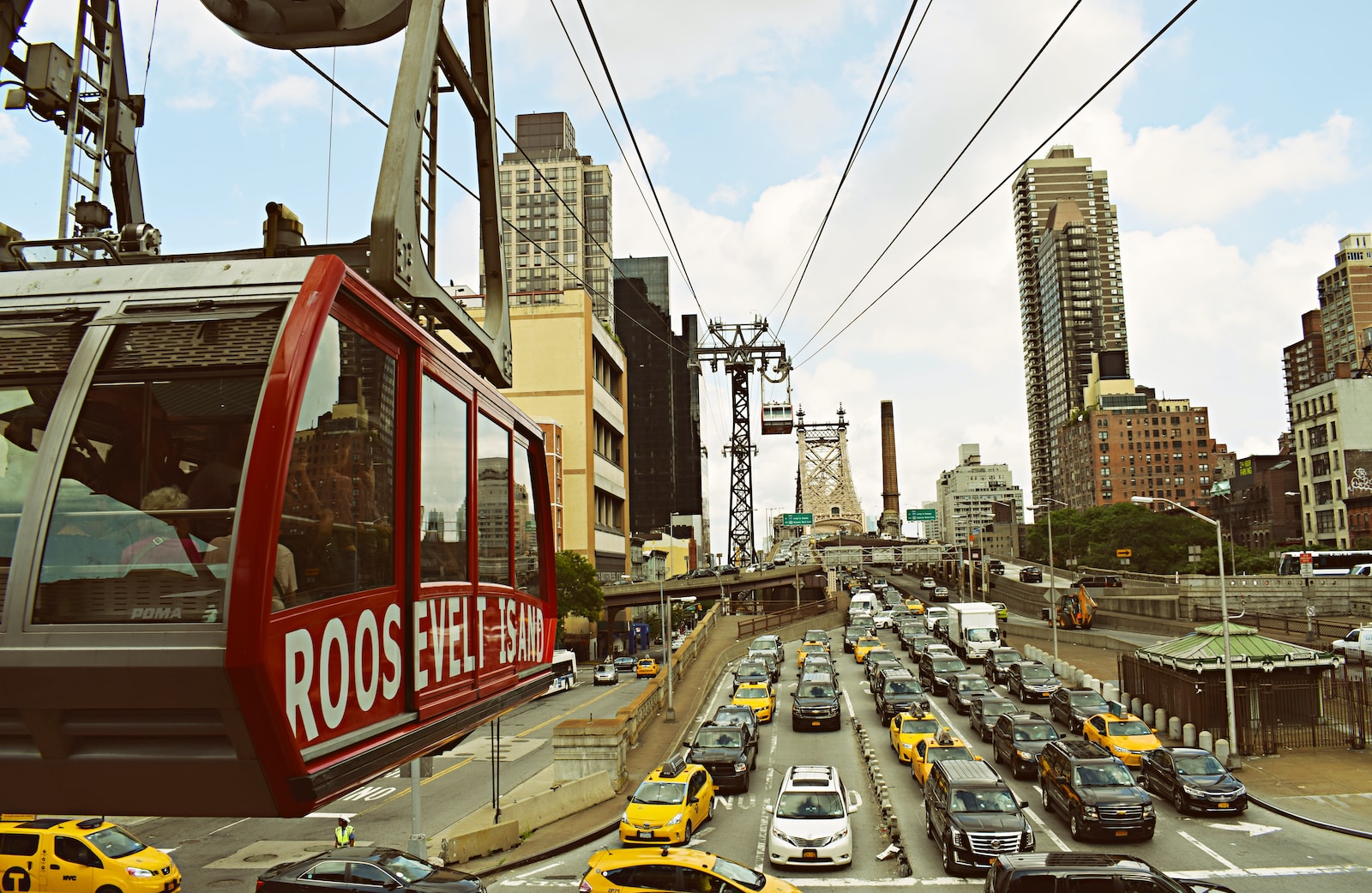
Photo by Chris Barbalis on Unsplash
New York City Traffic Provokes Congestion Pricing Plan
December 11, 2023
As part of a bold initiative to reduce traffic congestion and fund necessary improvements for the city’s aging public transit system, the Metropolitan Transportation Authority (MTA) in New York City has approved a significant measure. The novel initiative, known as congestion pricing, aims to levy charges on drivers entering a substantial portion of Manhattan, thereby aiming to ease traffic while simultaneously generating essential revenue.
This major step toward congestion pricing was materialized following the receipt of a detailed report from the Traffic Mobility Review Board to the MTA on Nov. 30. This report outlined the various contours of the proposed toll system, such as cost considerations, schedules, credit allocation, and other operational aspects.
As a part of this initiative, vehicles will incur an additional charge of $15 when accessing Manhattan at and below 60th Street, while trucks may have to pay between $24 and $36 based on their size.
MTA Chairman Janno Lieber has expressed his readiness and enthusiasm to accommodate a projected shift of commuters from private vehicles to public transport. Despite the available capacity, Lieber emphasized that the MTA will continue striving to enhance services.
The congestion pricing measure has also received strong support from New York’s Governor, Kathy Hochul. In her statement lauding the MTA board’s decision, she highlighted the benefits of reduced congestion, improved transit, and cleaner air. The proposal approved by the MTA board aligns with Hochul’s suggestion to decrease the toll rate by approximately 35% from the initially considered maximum rate.
The proposal was almost unanimously approved, with only one out of 10 MTA board members opposing it. However, there were concerns about the delays in implementing the much-needed re-signaling of the A and C trains between Manhattan and Brooklyn due to related lawsuits and approval slowdowns.
The approved congestion pricing plan is predicted to decrease the number of vehicles entering the designated area by 17%, effectively reducing around 153,000 vehicles in Manhattan. This plan is anticipated to generate an impressive $15 billion in revenue, which will be channeled toward modernizing the city’s subways and buses.
However, not everyone is on board with the newly approved congestion pricing plan. Certain exemptions are in place for taxis, rideshares, and low-income drivers, but not everyone is satisfied with these provisions. Several groups had hoped for broader exemptions, but only a small number will avoid paying this toll altogether — only specialized government vehicles and emergency vehicles get this privilege.
The next steps in this initiative involve a 60-day response period, including four public hearings slated for late February and early March. This period will allow for potential adjustments to the plan before a final vote in April. If all goes according to plan, the earliest the tolls would be implemented is late June 2024.
Despite some resistance and potential legal obstacles, the MTA remains optimistic about the benefits of congestion pricing. It’s a significant move in a broader effort to modernize New York City’s transit system, reduce traffic, and improve air quality. However, the final implementation of the plan rests on numerous factors, including the outcomes of several legal challenges.
Recent News
Media Giants Depend on Sports As Content Shortages Rise
As Hollywood emerges from last year’s strikes, major media companies are turning to live sports to attract audiences and advertisers. This trend was evident during this year’s Upfront presentations, where media giants showcased their upcoming content and advertising opportunities.
New Trader Joe’s Opens in SF After 10 Years
San Francisco’s Hayes Valley neighborhood welcomed a highly anticipated new addition on May 17, 2024, with the grand opening of a Trader Joe’s at 555 Fulton St., on the corner of Laguna Street. This event marks the end of a decade-long wait for residents who have been eagerly looking forward to a new grocery store in their area.
China’s Property Market Boost: Stocks Surge, Copper Hits Highs
The Chinese government unveiled a comprehensive support package that has sent ripples through financial markets. This initiative includes a slew of measures aimed at stimulating housing demand and addressing the excess inventory burdening developers. The immediate impact was a significant rally in Chinese stocks and a surge in commodity prices, notably copper, which hit record highs.
Mercedes-Benz Workers in Alabama Reject Union
In a pivotal moment for autoworkers in the southern United States, employees at a Mercedes-Benz plant in Alabama have voted against joining the United Auto Workers (UAW) union. The outcome, with 56% of workers voting against unionization and 44% in favor, comes as a significant setback for the UAW’s efforts to expand its influence in the region.

